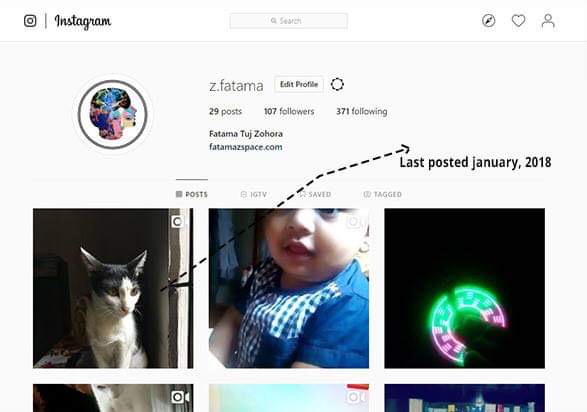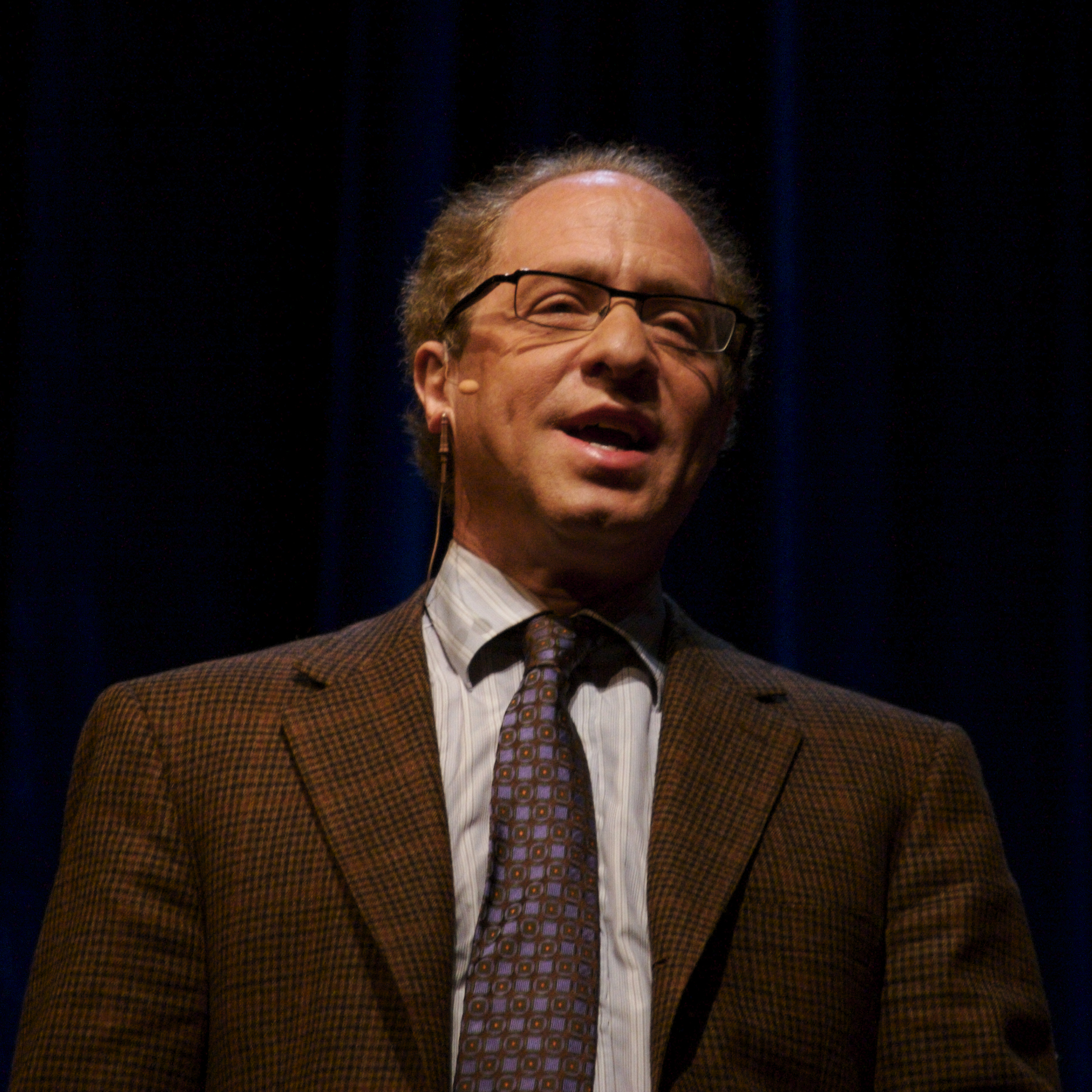We now lead a double life.
Yes, double life!
One real life and another virtual.
With advanced technology at our disposal, we now enjoy many advantages.
But there is also another side of technology.
Technology is so integrated into our lives that losing a smartphone or getting hacked can make us depressed.
Some may laugh at this but they are different grief stages of losing a phone.
Don’t believe me. Well, see what Dr. Dean Burnett, Neuroscientist writer/humorist, author of the best-seller “The Happy Brain”- wrote about his experience of losing a cell-phone back in 2014.
It may be old but the emotions are still relevant.
His article: Losing Your Smartphone: The Five Stages of Grief
He wrote-
“The loss of my phone caused me to experience some worryingly vivid emotional responses; it seemed I was experiencing the five stages of grief, also known as the Kübler-Ross model.
I’ve written before about how grief is a very complex process.
Also, the five stages idea is far from a proven occurrence.
Nevertheless, my reactions conformed precisely to the five stages, in a short space of time.
How appropriate, given that smartphones are blamed for damaging attention spans.
Studies show that more and more use of phone/smart devices are making people depressed.
Then I found this-

Like,that’s going to happen.
Let’s be real now.
I have facebook, twitter, Linkedin, pinterest…..the many many other social accounts.
Now, in my case, I am not a social media person, thanks to my introvert nature.

But, I am online all the time because I am a marketing copywriter which I love doing.
I can’t just quit social media. Maybe someday!
That’s talk about hacking humans.
If you haven’t heard about the Facebook and Cambridge Analytica,
Or,
haven’t picked up the “Homo Deus” by Yuval Noah Harari (which you should) then “hackable human” may sound new to you.
As technology has advanced so much that it can actually read patterns of human behavior, especially online behavior and can guess/detect what our next move will be.
Who would have thought 50 or 40 years ago that this could be even possible?
It seems only yesterday when my uncle first brought the internet to our home.
We had to wait for minutes if not hours for something to come up and top of that everytime we would hear “the dial up sound”.
The patience and the curiosity back then was so cute and real that I can only laugh, thinking about it.
Now, we leave a website just because it was taking 2 seconds more to load.
The average adult spends 5.9 hours per day with digital media, up from 3 hours a day in 2009, according to Mary Meeker’s 2018 Internet Trends Report.
We should take a deeper interest in what we are actually doing on the internet.
In an interview with Wired, Yuval Noah Harari and Tristan Harris talked about technology and humanity, you can read about it in an article called- When Tech Knows You Better Than You Know Yourself.
They were talking about self-knowledge and how humans can make themselves harder to hack.
At the beginning of the discussion, Tristan brought up a talking point of Yuval in democracy- “where should we put authority in society?”
And Yuval explained- in the society that we live in were built on the ideas that the “voter knows best”, “that the customer is always right”, that ultimate authority is…”with the feelings of human beings and this assumes that human feelings and human choices are these sacred areas which cannot be hacked, which cannot be manipulated.”
“Ultimately, my choices, my desires reflect my free will and nobody can access that or touch that. And this was never true.”
Tristan also explained that working with persuasion for 10 years of his life, he saw the same principles of persuasion were also used in technology too.
He and Yuval brought up the question, Could it be hacking human feelings, attitudes, beliefs, behaviors to keep people engaged with products?
And Tristan continues- “I think that’s the thing that we both share is that the human mind is not the total secure enclave root of authority that we think it is, and if we want to treat it that way we’re going to have to understand what needs to be protected first.”
Yuval Noah Harari tells us that we are having a philosophical and technological crisis.
They are not the only one talking about this.
No to so long ago Google’s Eccentric Futurist-In-Residence, Ray Kurzweil made a prediction that by the 2030s our neocortex — thinking part of our brain — will be connected to the Cloud.

By 2029, computers will have human-level intelligence,” Kurzweil said in an interview with SXSW.
This raises a question- Just how vulnerable will this make us?
The fear of what new technology will bring is not new nor will ever go away.
And just switching off our phone can’t be the only and permanent solution.
As, Tristan in the interview said that-
everywhere you turn on the internet there’s basically a supercomputer pointing at your brain, playing chess against your mind, and it’s going to win a lot more often than not.
What ways can we make ourselves less hackable?
There aren’t permanent solutions to this crisis, because it’s everywhere.
Yuval said in the interview that- on the path to making us less hackable, self-awareness is a good start but not the solution.
So, what we can learn from this?
Is yoga/meditation enough?
Is shutting down our smartphones enough?
Well, I am no expert and certainly not the qualified person to give any kind of advice but what I can do, is present some inspiring stories of people who made changes in their lives to live life to the fullest.
Retired American Actress and now Duchess of Sussex, Meghan Markle recently talked about her journey off of social media.

She said-
“flattery and criticism run through the same filter,” and that getting off social media has been “freeing.”
Although social media can feel validating, it can also provide plenty of negative feedback, and the nature of that dynamic can make it an unpromising place to turn for support, according to Brian Primack, M.D., Ph.D., a professor of medicine and pediatrics and Director of the Center for Research on Media, Technology and Health at the University of Pittsburgh.
Meghan in her speech talked more about the study-
Primack, who has led research on the correlation between social media usage and anxiety and depression, explains that social media is associated with anxiety, depression, loneliness, poor sleep and eating concerns.
And while Primack emphasizes that correlation does not equal causation — so it’s possible that depressed or anxious people are simply drawn more towards social media use, and that’s why we see a correlation — the research suggests that the relationship goes both ways.
We may choose to spend more time on social media when depressed, and that choice isn’t doing us any favors.”
Another example is Donald Glover, American actor, comedian, singer, and many other things, actually blames Social Media for making him ‘Less Human’.

Glover called the internet “horrible in every way,” Friend writes.
He disappeared from social media in 2014, a year after the release of his album, Because of The Internet.
Explaining why he deleted his accounts, Glover said he “felt like social media was making me less human, and I already didn’t feel that human.”
He told Esquire that he realized the connection through social media was “too powerful” for someone like him.
“I just would get hurt,” he explained.
Now when he goes online, he seeks out subcultures and communities where he can “talk to people as a regular person.”
“It’s the only place you can be anonymous,” he said.
People like Meghan Markle and Donald Glover inspires us to see the beauty in face-to-face interactions, nature and being present in the moment.
By engaging towards real-life interaction rather than the virtual flattery and by knowing our own weaknesses and biases, we can make ourselves less hackable.


